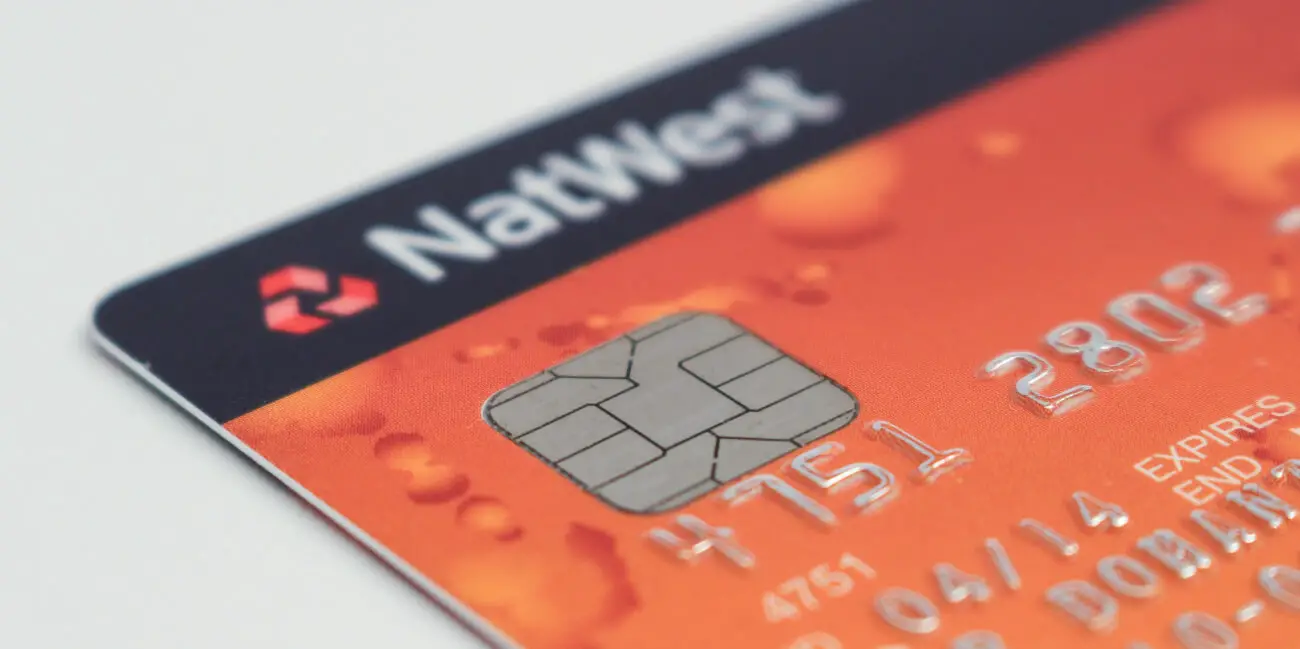
Three Tips For Managing Your Money
Nobody likes surprises when opening their bank account..
With the amount of automated recurring payments, unexpected expenses and (if you’re freelance like me) scattered deposit/withdrawal amounts, monitoring your money can be a time and labor intensive process. Failure to properly monitor and manage your money can lead to unpleasant surprises. However if you can stay up to date with exactly how and where your money is going, you can make more financially sound decisions. Here are three tips that have helped me better manage my own finances.
1. Start using invoices
As a freelance worker, invoices are an absolute necessity for tracking cost/revenue because they act as a digital copy of the flow of your money. For every transaction you do with a client or business, an invoice should be created and stored for later review. This will greatly help with more accurate tax reports and timely payments, not to mention it’s a common formality in the professional world which, if you’re a new business owner, will show others how serious you really are.
Invoice lion is a great tool for creating invoices for a variety of personal and business needs. Once you create an account (here’s a link to their register page), you have an intuitive dashboard that allows you to create customers and submit a variety of invoice types including subscriptions, deliveries and hours worked. Invoice lion also allows you to set manual tax percentage rates as well as a default one, which further simplifies the invoice creation process. Once you create an invoice, you can send it from the “invoices” tab to your client. You will receive a copy in your email to keep for later or send to your accountant. Try Invoice Lion here.
2. Create budget sheets
If you’re like me and have several businesses/avenues for revenue, I suggest creating a budget sheet for each item. For a long time I managed all of my expenses through one sheet and although it was all centralized, I had limited granularity into which avenues were actually at a loss. Even just a Google spreadsheet is enough to track your expenses in an organized way- try creating multiple tabs on the same sheet and label them accordingly. Even if you don’t have ten jobs, you can create tabs for sections like living expenses, entertainment, travel, etc. This way you’ll know if you’re spending too much money going to the movies each week.
3. Use multiple bank accounts
Once you start seeing money flow in from your various projects/businesses, it’s strongly advised to open a separate bank account. Separating your business from personal expenses will give you more clarity into where your money is going and how it’s being spent. Pretty much every financial institution allows for multiple bank accounts, I personally have been with Chase for a long time and opening an account can be done right from within the dashboard on your computer. Here’s my promo link to get a bonus of $250 if you decide to sign up with Chase. Of course, any financial institution that has multiple account integration will work.
As an additional measure for money monitoring and management, there are great softwares like Keeper Tax that integrate directly with your bank account and text you whenever you incur costs. From that text, you can tell Keeper Tax which category that particular cost goes into, which makes tax reporting so much easier because it’s all saved by Keeper Tax.
These are just three of the many types of finance record keeping tools that can help you get back in control of your money. If you enjoyed this mod, you might also like this one about how to grow and make money from your business online!
Any questions or comments? Let me know on Twitter.

